Rector’s Speech at the Opening Ceremony of 11thInASEAConference “In, our and in between: Transnational and internal migration in Southeast Europe”
Dear Professors, Colleagues, Friends and Partners,
Ladies and Gentlemen,
On behalf of the host institution, the University of Prishtina, it is my very distinct pleasure to be able to welcome you all today at the opening ceremony of this 11th InASEA Conference.
As rector, I feel privileged to speak in front of an audience made up of the most respected and distinguished authorities in the pertinent disciplines of anthropology, history, sociology, economy, political science and related areas.
I also wish to extend my heartfelt gratitude to all of you for having chosen our institution as a venue for pursuing your discussions and dialogue about critical themes of common interest and concern such as the internal and transnational migration in Southeast Europe.
My understanding is that this conference brings together around 110 researchers from our region, Europe and beyond. And I am pleased that the University of Prishtina will be serving as a space to explore trends, themes and ideas about migration in, out and in between of South-Eastern Europe. This event is a testament to the importance of international collaboration, and the role of our institution, in addressing the constantly present and ever-growing challenge and opportunity that come with people’s most natural act of movement across boundaries, time and space.
This most precious gathering would not have been possible without the enormous efforts of many who were involved in the process of making it happen. So, I am most grateful to our Department of Anthropology and its chair, Professor Tahir Latifi and his colleagues, for their tireless efforts; and to the Faculty of Philosophy and its dean for their support.
I would also like to express my deepest appreciation to the Ministry of Foreign Affairs and Diaspora and the IOM Mission in Kosovo for their unwavering support in making this event possible. Collaborations like these not only foster academic and research partnerships but also promote cultural understanding and global cooperation.
In closing, I extend my heartfelt thanks to all the participants. Your dedication, hard work and resilience have set a standard of excellence that will inform relevant decision-makers and will inspire future generations of students and scholars.
May the bonds established here today and, in the days to come, continue to flourish, leading to further collaborations and advancements in the field of anthropology and related disciplines.
Thank you.
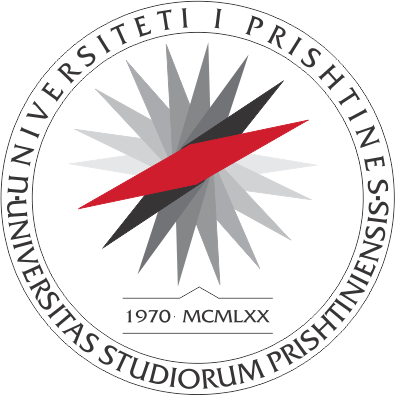
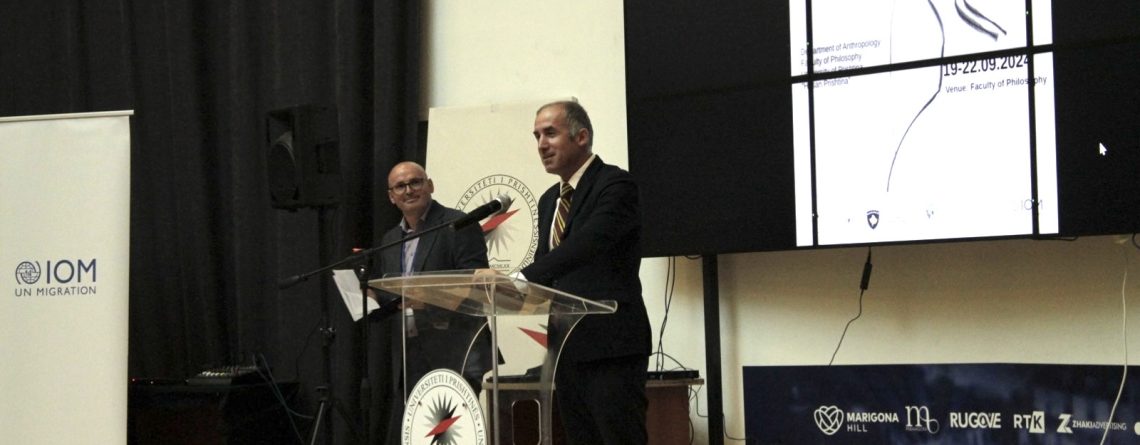
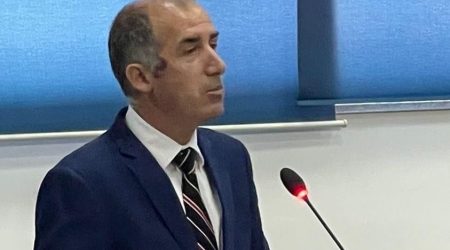
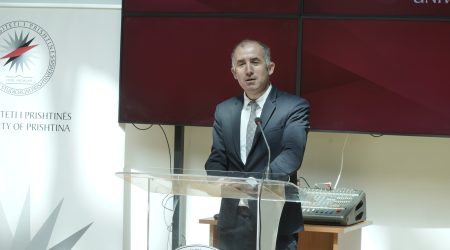
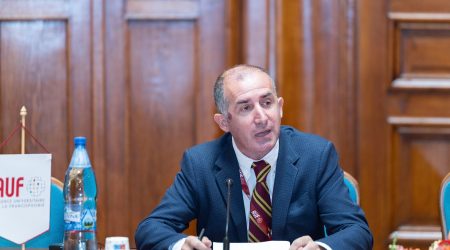
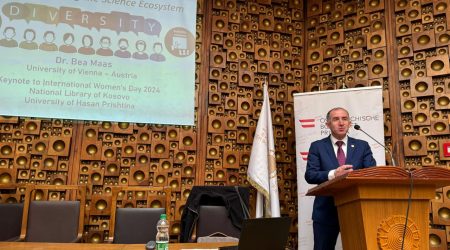
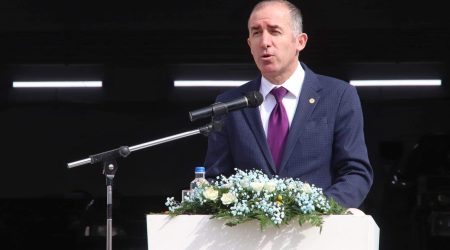
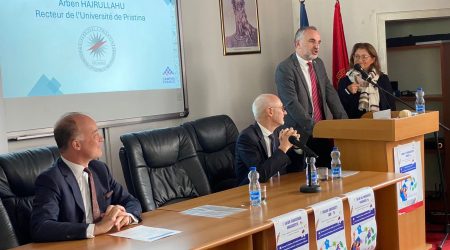
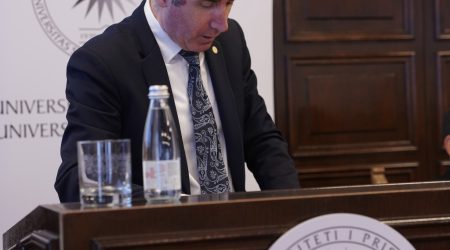
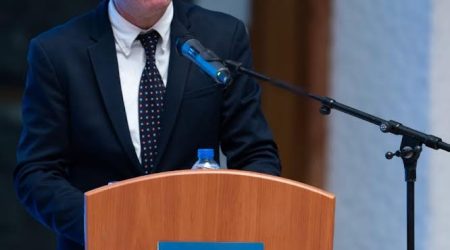
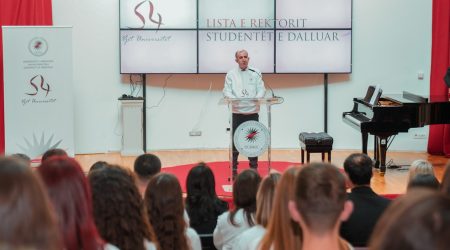
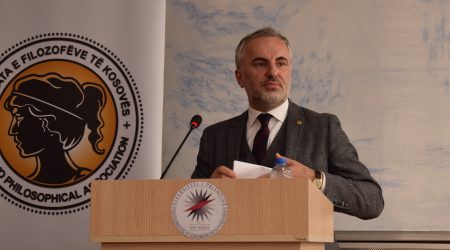
LEAVE A COMMENT